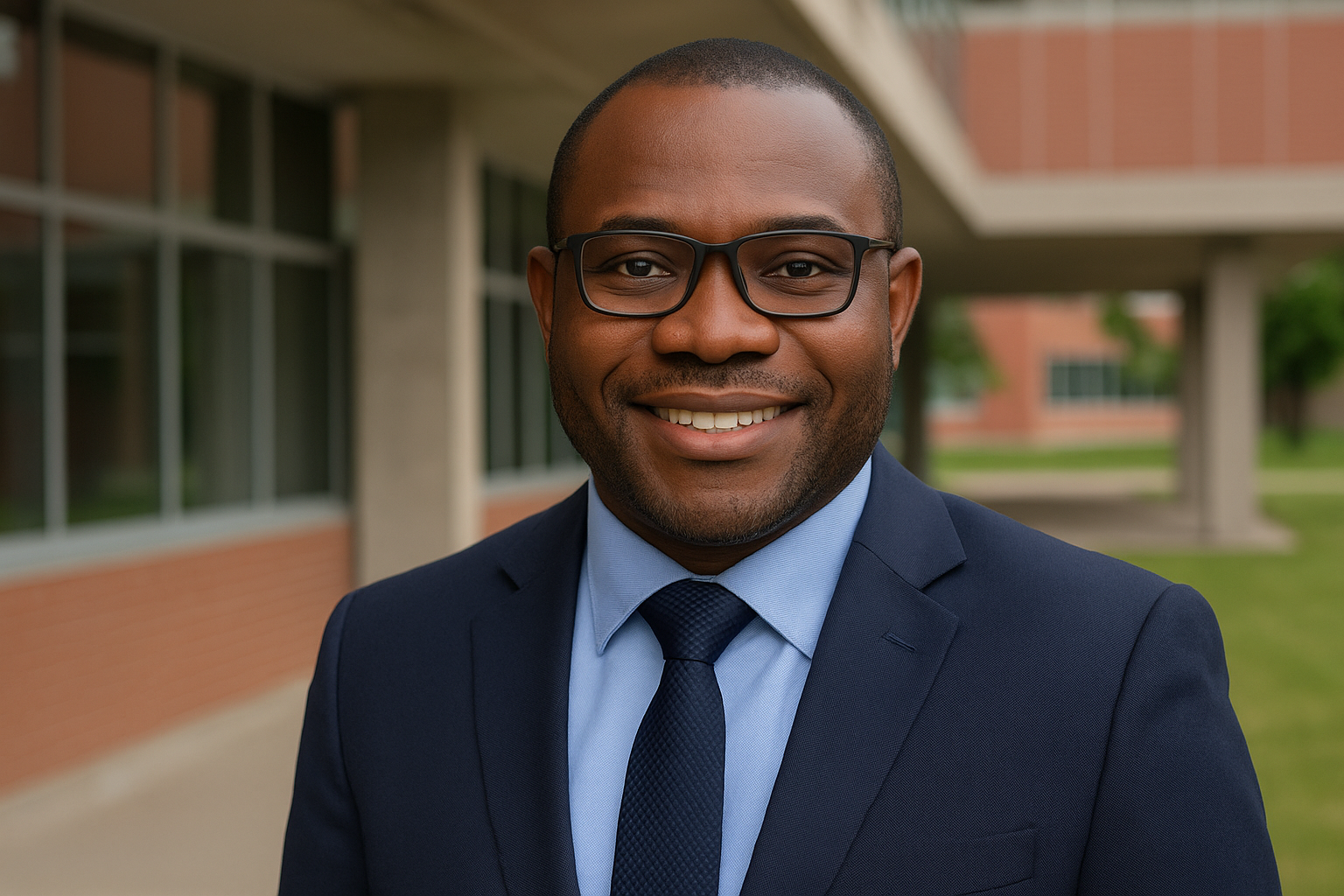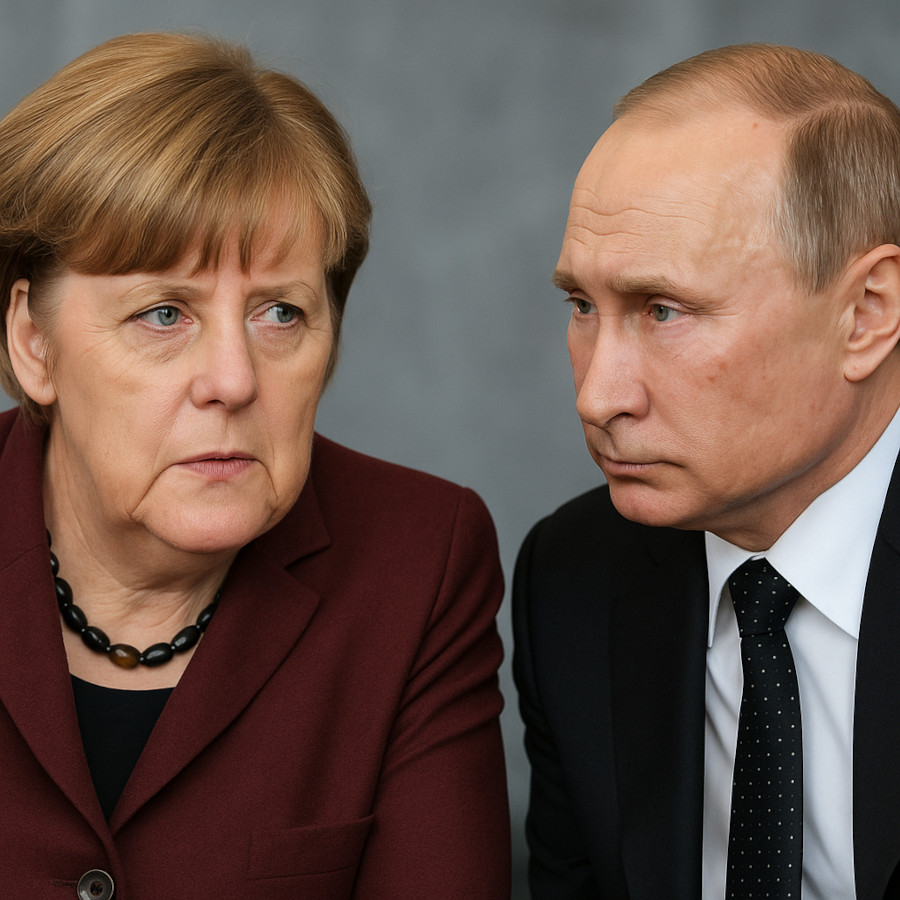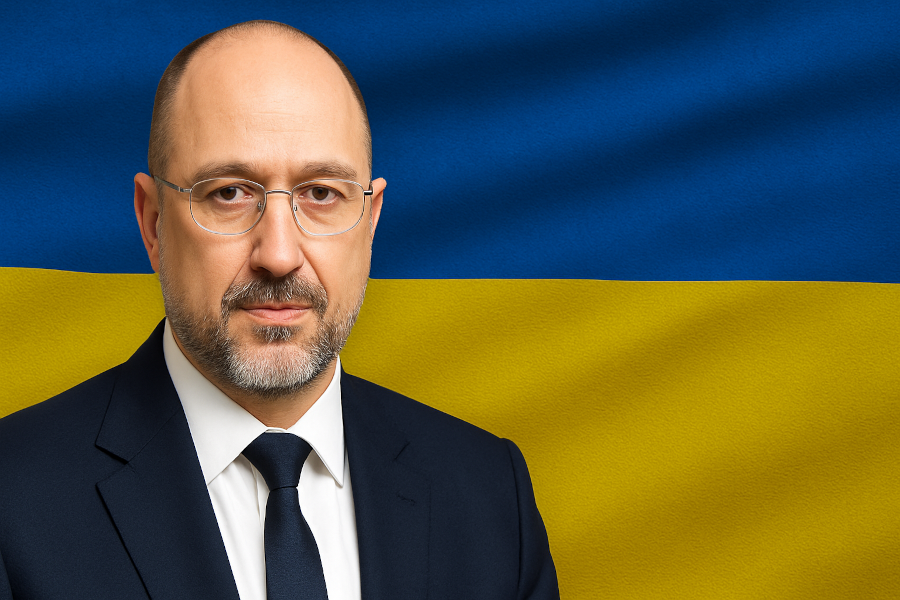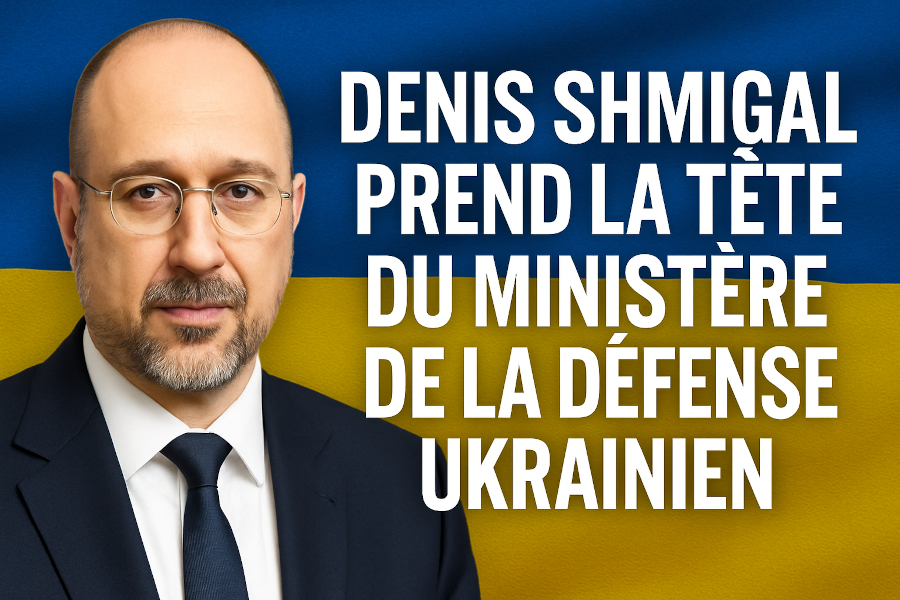In a rare display of diplomacy amid the unrelenting war, Russia and Ukraine have once again exchanged prisoners of war. It marks the third coordinated swap in a single week — part of a fragile agreement brokered in Istanbul earlier this month.
The latest exchange, confirmed by both Moscow and Kiev, included seriously wounded soldiers, the gravely ill, and young fighters under 25. While neither side disclosed the number of personnel released, Russia’s Defense Ministry published footage of returning soldiers waving flags and calling home. Ukraine’s President Zelensky called it the “second stage” of a broader humanitarian effort.
But beneath the images of reunions lies a deeper story — one of diplomatic choreography, military fatigue, and messaging to both domestic and international audiences.
Let’s break it down.
This exchange is not just a humanitarian gesture. It is a strategic signal. Both Moscow and Kiev are under growing pressure — not just on the battlefield, but in the court of global opinion. As the war drags past its second year, public morale, wounded veterans, and diplomatic optics are becoming just as important as drones and missiles.
By agreeing to hand over the seriously ill and young soldiers, both sides are hoping to soften their image — particularly in the eyes of neutral countries and global institutions. It’s also a subtle nod to the rules of war — at a time when both governments have been accused of violating them.
And yet, even in cooperation, there’s tension.
The Russian military accuses Ukraine of dragging its feet, failing to meet the agreed daily pace of exchanges. Ukraine, on the other hand, has stayed largely silent on numbers — possibly out of caution, or perhaps due to logistical constraints and internal coordination challenges.
Let’s also consider the geopolitical setting. These negotiations were held in Istanbul — a city that has emerged as a key neutral zone throughout this conflict. Turkey is again positioning itself as a regional powerbroker — walking the tightrope between NATO obligations and Eurasian pragmatism. Every handshake in Istanbul is also a reflection of Ankara’s ambition.
But what does this mean for the war itself?
In short: no, this is not peace. But it is diplomacy under fire — the kind of backchannel engagement that sometimes precedes bigger political breakthroughs. And with the U.S. election looming and European support facing fatigue, every gesture — even a prisoner swap — could shape the tone of future negotiations.
For now, though, these exchanges offer little relief to the tens of thousands still missing, captured, or buried in mass graves across the front.
And that’s the grim truth: in this war, even acts of mercy are soaked in politics.
This is Reality on the Ground. Subscribe, comment, and share to help us keep telling the stories that matter — without spin, without noise, just the facts.






